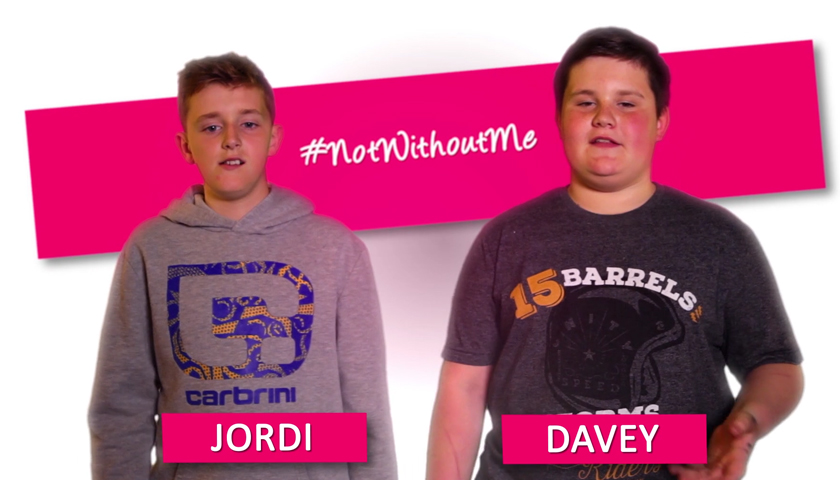Young Scot have posted some advice for young people onb dealing with the coronavirus. I have copied it below as I feel this may be useful to my readers but please check out the original article here. The article is below:
You might have heard about the current outbreak of coronavirus in the news recently.
Coronavirus is the name given to a group of viruses that can cause you to feel unwell. Sometimes you might have symptoms similar to a cold or flu, but the COVID-19 virus that is currently being talked about has also led to serious illness and death.
It can be scary hearing about what’s happening around the world, but there are some things you can do to help prevent yourself from catching the virus, stop the spread of it to others, and look after your mental health if you’re feeling anxious or worried about it.
1. It’s OK to be worried
It’s totally normal to be feeling a little anxious about what’s going on right now, especially when things seem uncertain. Whilst it’s important to take the NHS and government advice seriously and keep updated via official sources, it’s OK if you need to take a break to look after your mental health.
2. Keep washing your hands
One of the simplest things you can do to prevent getting any kind of virus is throughly washing your hands.
The handy video below from the NHS shows you how to wash your hands to the tune of ‘Happy Birthday’!
3. Coughs and sneezes
If you feel a cough or sneeze coming, make sure you do it in a tissue. It prevents bacteria getting into the air and possibly spreading to someone else.
A proper #dab (covering your mouth and nose with the bend of your elbow) when you cough and sneeze is a good practice to protect yourself and others from #COVID19.
— World Health Organization (WHO) (@WHO) March 13, 2020
Thank you for your support, @paulpogba. #coronavirus pic.twitter.com/dEYxvX540M
If you don’t have tissues to hand and you’re not going to be able to get a tissue on time, cough or sneeze into your sleeve at your elbow.
It’s always a good idea to keep a pack of tissues on you, just in case!
4. Self-isolation
The current advice states that if you have a new continuous cough, or a fever, that you should self-isolate for seven days and then reassess your symptoms – even if you don’t think you have the coronavirus.
If you live with someone who has coronavirus, a new cough or a fever, you should stay at home for 14 days (the 14 days starts from the day the person became ill).
Self-isolation means staying at home without having any contact with other people – which if you’re living at home with parents or carers and possibly siblings, might mean sticking to your bedroom.
If you have the virus and after 7 days your symptoms haven’t improved or have gotten worse – you should contact NHS 24 for free on 111.
5. Avoid spreading the virus
Official reports have so far suggested that young people without underlying health issues are experiencing mostly mild symptoms and are recovering quickly. However that doesn’t mean that if you think you have symptoms but feel ok you should go about your business.
Spreading the virus can be dangerous for older people and people with other health concerns such as asthma, diabetes and heart problems. Catching COVID-19 could be potentially fatal for someone in those circumstances, so make sure to be mindful of others around you if you think you might be showing symptoms or have been in contact with someone who has the virus, and follow the official advice.
6. Stick to the facts
Panic can be caused by seeing and sharing fake news – unfortunately there can be a lot of information out there that just isn’t factual.
Whether it’s on social media or other websites, make sure you’re checking sources before sharing them yourself, and looking for at least two other similar accounts to what you’ve read or seen to make sure it’s correct.
The best way to avoid fake news is to stick to the NHS Inform website for the latest news and updates.
7. Listen and support
At times like these, often the best thing that you can do is make sure you’re listening to each other and supporting each other to get through a difficult time.
Whether in your local community, or amongst family and friends, remember that others might be going through a hard time too – and you can help by following the steps above.

